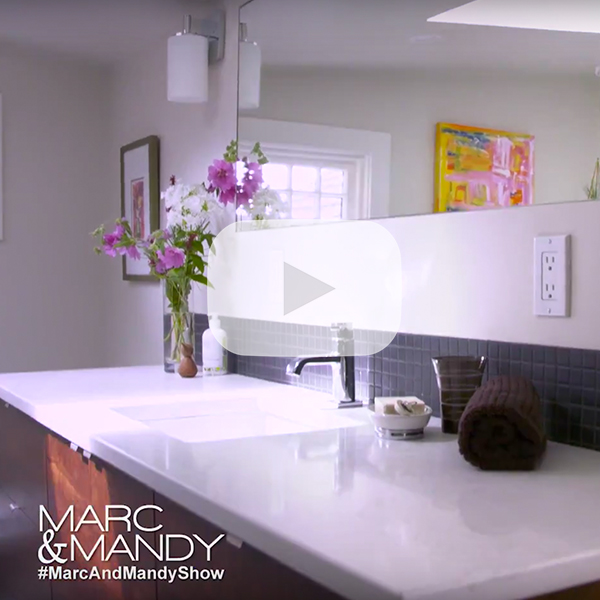Now that you’ve decided that doing the job yourself isn’t a good idea, which home renovation professionals should you hire?
What kind of project are you working on?
Is it a small project or a major project? For most small projects you probably don’t need to hire an architect or designer. The contractor and homeowner can usually handle both the design and the construction aspects.
For a large addition or a whole-house renovation that involves moving walls and rethinking the space altogether, you should consider hiring an architect or an experienced interior designer to help with the project. A designer can make sure that the aesthetic considerations meld with the structural requirements of the project so that the space is both livable and visually pleasing.
Which home renovation professionals are suitable?
Architects
Architects are trained in design. They also know a little bit about engineering, and a lot of them do project management as well. They’re very skilled at coming up with innovative ideas to solve complex design problems and making sure that a project is true to itself from an aesthetic standpoint.

An addition (or other project with lots of roof lines) really benefits from their vision and their ability to visualize ideas in 3-dimensions. An older home is also a contender for architectural input where you need to be sympathetic to the original design of the home to make sure that the old and the new blend together.
Architects will also be able to provide drawings for your building permit submissions and coordinate any structural engineering. If needed, they can take on some project management as well. Some clients don’t want to do anything except come home to a finished result. So they just need a project manager to help take care of everything. Normally you should consider engaging an architect before you start looking for your contractor. But like anything else, asking around for referrals is usually the best way to get started.
Interior Designers
An interior designer is not academically trained in architecture but is experienced in space planning, decorative finishes, can do designs for simple additions. Their plans, just like those of an architect, still need to go to a structural engineer before submission for building permits.
A bonus when working with a designer is that they can help source finishes that work with the space. They can also provide the fixture schedule to bidding contractors to give you a more accurate idea of the cost. For example, the cost of a toilet can range by several hundred dollars and if a contractor doesn’t know the model, they can’t give you a firm cost on it. When you’re comparing quotes from two or three people, you want to be sure that they are all providing the same quality of fixtures.
The field of design is a murky one.
Not all interior designers are certified, can draw up plans, or fully understand the best building practices. I know some that are excellent and I really wish I hadn’t worked with others! Knowing what you need from their services is key. Getting referrals from your network is a good way to narrow down the options.

The best projects are usually highly collaborative.
Your architect, interior designer and contractor should collaborate early on so everyone is invested and on the same page. They will also all understand the homeowner’s motivations and budget. The value of this is especially powerful when issues arise during the construction phases of the project.
For more information, check out our podcast All Things Renovation at www.AllThingsRenovation.com or click on the Podcast page at www.woodbeart.com. The first series of episodes focuses on hiring a contractor.


